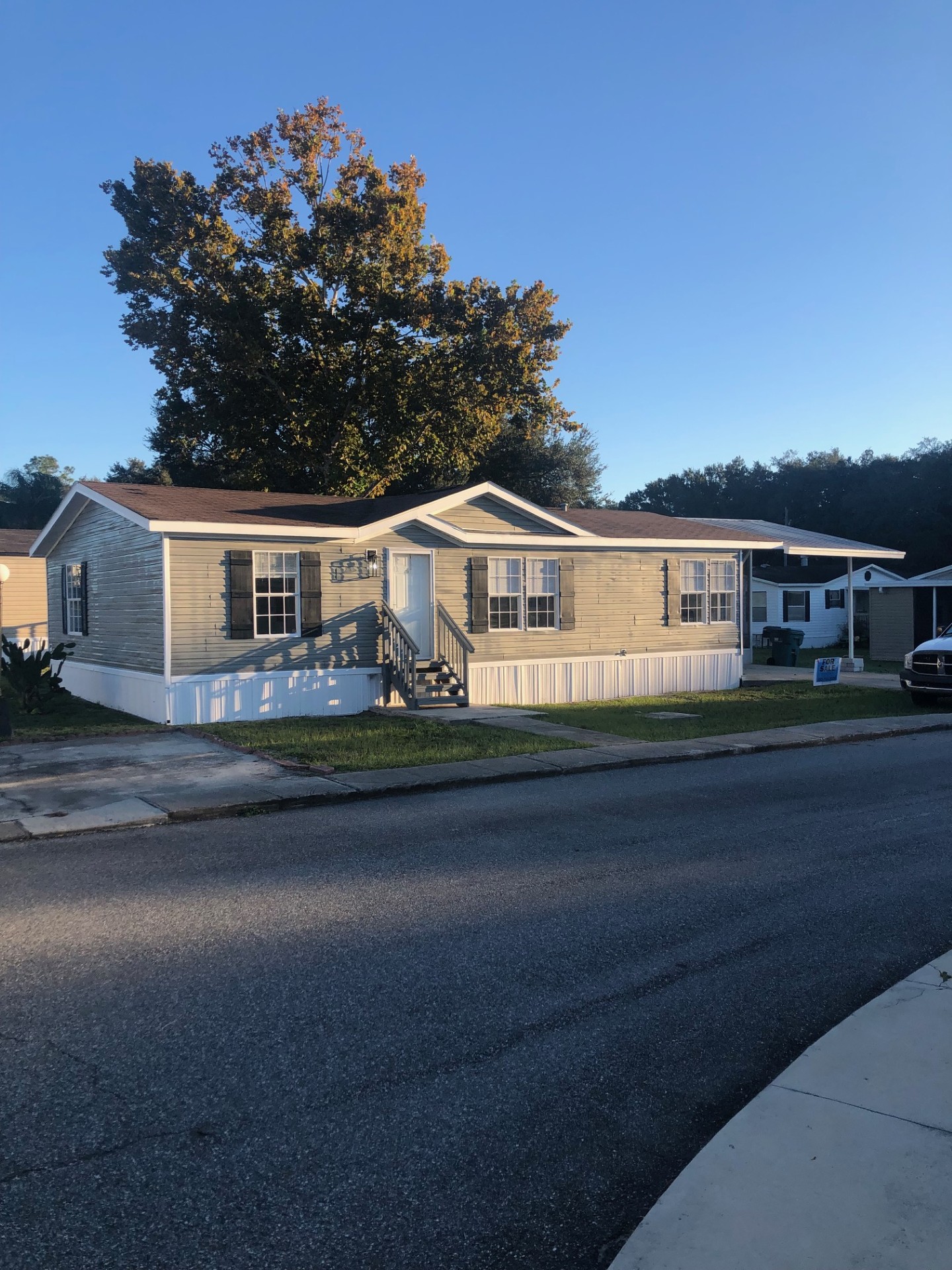What the Market Won’t Tell You

Mobile Home Ownership: The Affordable Path to Home Freedom
Owning a mobile home can be a highly affordable and rewarding alternative to traditional homeownership. Mobile homes offer flexibility, low upfront costs, and a sense of community that appeals to many people. However, as with any home investment, there are important factors to consider that can impact the long-term financial picture. Being aware of these hidden costs allows you to plan wisely and make the most out of your investment.
Let’s explore the key financial considerations in mobile home ownership so you can navigate them confidently and enjoy the many benefits mobile homes provide.
1. Depreciation and the Value of Home Ownership
Mobile homes are a bit different from traditional real estate in that they often depreciate over time, similar to vehicles. However, this doesn’t diminish their value as a lifestyle choice. While they may depreciate at around 3-3.5% annually, they provide accessible homeownership without the burden of a large mortgage or property taxes.
Consider This: Many mobile home communities are in high-demand areas where traditional homes may be out of reach for many. This accessibility allows you to own a place you can personalize, rather than rent, where every payment builds toward your lifestyle choice.
2. Land Ownership vs. Lot Rent: Flexibility and Freedom
One unique feature of mobile home ownership is the choice to own land or rent a lot. Many mobile homes are situated in well-maintained communities with amenities, where lot rent can vary depending on location and services. While it’s true that lot rent may increase over time (typically 2-5% annually), this arrangement provides flexibility and often includes community amenities, security, and maintenance.
Smart Strategy: By understanding and budgeting for potential rent increases, you can enjoy the community lifestyle without the long-term financial commitments of land ownership. Plus, many communities offer attractive features such as recreational areas, clubhouses, and pools.
3. Financing Options That Fit Your Budget
Mobile home financing is often more accessible than traditional mortgage lending, making homeownership a reality for many who may not qualify for traditional home loans. While mobile home loan rates are sometimes higher than mortgage rates, the smaller loan amounts mean affordable monthly payments.
Pro Tip: Take the time to shop around for financing options, and consider personal loans, chattel loans, or government-backed FHA loans for mobile homes. Each option has unique benefits that may align with your goals. With the right financing plan, you can enjoy all the benefits of homeownership at a fraction of the cost of a traditional house.
4. Maintenance Made Simple and Affordable
Mobile homes require maintenance, as all homes do, but they are often smaller and easier to manage than traditional houses. Regular upkeep is essential to preserving value and ensuring comfort, with costs typically averaging around 1-2% of the home’s value per year.
Maintenance Tips for Savings:
- Weatherproofing and Insulation: Modern mobile homes are more energy-efficient than ever, and upgrading insulation or adding skirting can save on heating and cooling costs.
- Regular Checkups: Keep an eye on roofing and plumbing, which have a lower replacement cost than traditional homes. Proactive maintenance can go a long way in minimizing expenses and extending the life of your home.
With thoughtful care, you can enjoy a comfortable, affordable home with a relatively low maintenance burden.
5. Energy Efficiency: Tailored for Savings
Mobile homes have come a long way in energy efficiency, especially newer models that meet Energy Star standards. While older mobile homes may see higher energy costs, there are numerous affordable improvements, such as better insulation, efficient windows, and programmable thermostats, that can bring costs down significantly.
Smart Savings: Investing in energy-efficient upgrades not only helps the environment but also saves you money in the long run. For those in warmer or colder climates, adding extra insulation and energy-efficient windows can have a big impact on comfort and utility bills.
Making an Informed Decision: Enjoying the Advantages of Mobile Home Living
The affordability, flexibility, and community-oriented nature of mobile homes make them an attractive option for many people. By understanding potential costs, you can confidently plan for the future and avoid surprises. Here’s a helpful framework to guide your decision:
- Calculate Your Total Monthly Budget:
- Loan payment
- Lot rent (if applicable)
- Insurance
- Utilities
- Estimated maintenance
- Plan for Growth:
- Anticipate potential lot rent increases.
- Budget for regular maintenance.
- Consider energy-efficient upgrades to save in the long term.
- Compare Options:
- Weigh the benefits of mobile home ownership against alternatives like renting or investing in traditional homes. Remember, the entry price of a mobile home often allows you to own outright sooner, granting a level of independence and stability.
Final Thoughts
Mobile home ownership offers an affordable, flexible path to having your own space without the overwhelming costs of traditional real estate. By planning for the future and understanding the financial landscape, mobile home buyers and owners can maximize their investment and enjoy the freedom of a home tailored to their lifestyle.
Whether you’re new to mobile homes or a seasoned owner, this lifestyle offers a unique blend of comfort and affordability. Embrace the opportunity, plan wisely, and make the most out of the rewarding journey of mobile home ownership.
